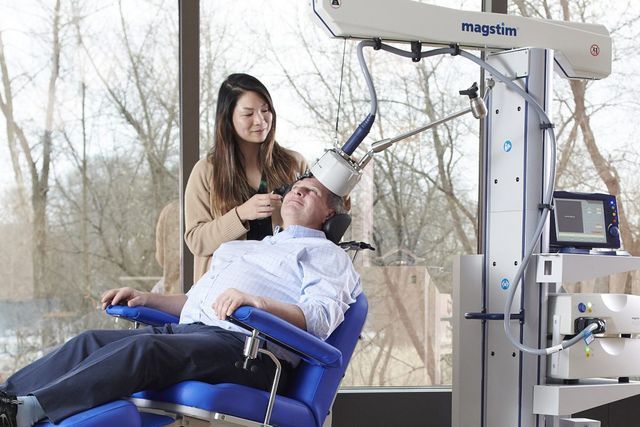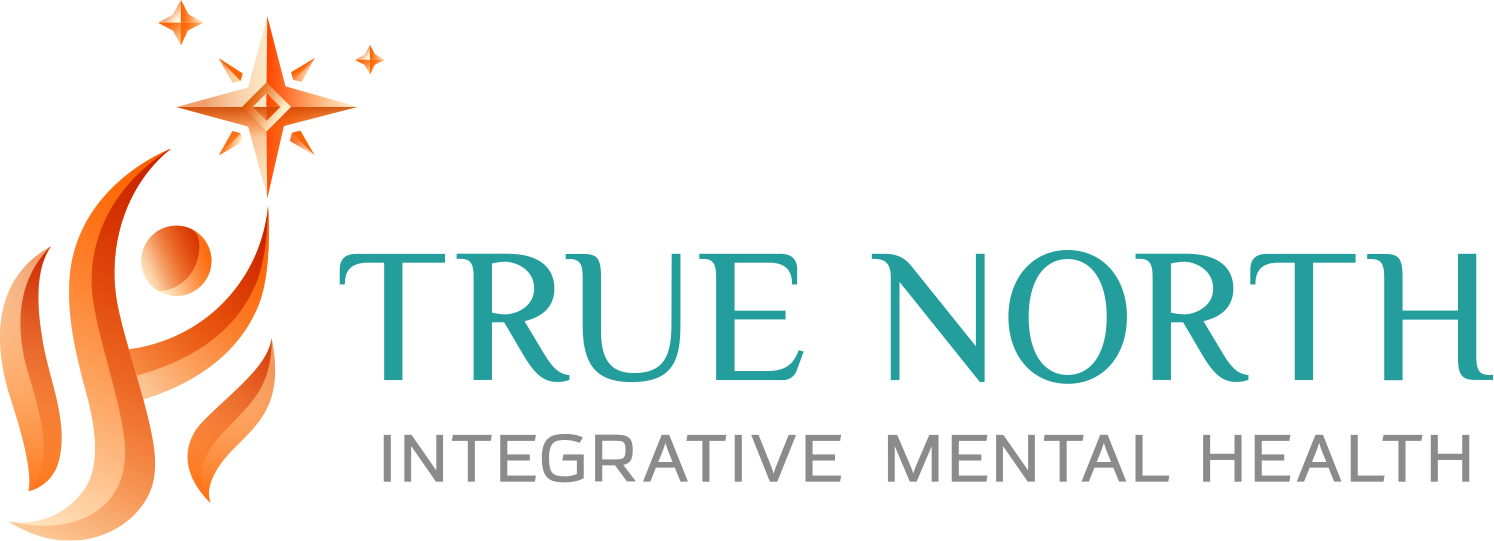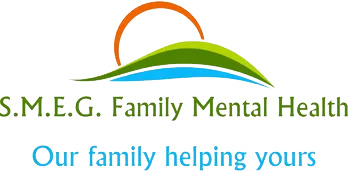How TMS Therapy Supports National Mental Wellness Month
Dr. Jamie Rogers • January 3, 2022
January is mental wellness month and it could not come at a better moment for many people following the disastrous past two years. Under ordinary circumstances, millions of Americans suffer from stress, psychological and emotional problems such as depression and drug addiction problems within a typical year. For many, these last two years, have been everything but ordinary.
Mental illnesses, fortunately, are curable. Various therapeutic methods for mental illnesses, such as TMS therapy, have been developed via extensive research in mental health.
What Is Transcranial Magnetic Stimulation (TMS) Therapy?
Are you suffering from depression and finding that medicines aren't helping? Please don't give up! Contacting our TMS Therapy clinic in Greenville, North Carolina might be all you need to get your condition under control.
TMS isn't scary. It’s a non-invasive treatment method. There are no blades, swabs, or needles in this procedure. A coil containing a magnet comparable to an MRI magnet will be positioned near your head throughout the session. The coil will send magnetic pulses to parts of your brain that are important for mood regulation and other depressive symptoms.
Transcranial Magnetic Stimulation (TMS) may treat treatment-resistant depressive episodes, bipolar, or OCD. We encourage you to join us in informing people that mental health is something that everyone should be concerned about during Mental Wellness Month in January, as we undertake awareness events throughout the month. Take it upon yourself to tell everyone in your family and network of acquaintances about TMS therapy.
The best part? TMS therapy can be used for minor or everyday stress management. Ask how True North IMH can help. Did you know that TMS therapy is an FDA approved treatment for depression and covered by most insurance plans?
Depression and TMS Therapy
In the United States, depression is the most significant cause of disability among those aged 15 to 44. While there are numerous successful therapies for depression, medications and psychotherapy may not be effective for everyone. In actuality, around two-thirds of patients with depression find that the first antidepressants they take do not provide enough relief. For these people, at least some symptoms will persist after two months of therapy, and each successive medicine will be less likely to assist than the one before.
When first-line therapies fail to work, what options do patients with depression have? Shock therapy or ECT (Electroconvulsive therapy) has been the gold standard for treatment-resistant depression for decades. In fact, ECT is still widely regarded as the most potent and successful therapy for this ailment, and it is being utilized daily throughout the nation. However, owing to adverse effects on memory and cognitive function, ECT might be too difficult to take for many people with depression. Further, ECT generally requires hospitalization to initiate treatment, and the treatment requires sedation and invasive procedures.
There is a novel therapeutic option called transcranial magnetic stimulation for those patients and the many others who have had an insufficient response to drugs and therapy alone. During Mental Wellness Month, visit your local TMS Therapy clinic to learn more about this sort of treatment. There's no better moment than the start of a new year to assess your mental health and discover new strategies for improving your general well-being.
Is Transcranial Magnetic Stimulation (TMS) Treatment Effective?
TMS therapy has been successful for many people who have not seen symptom improvements from conventional treatments. When combined with medicine and talk therapy, TMS has the potential to alleviate some or all of the symptoms of depression.
After completing a complete course of TMS therapy, your doctor may advise that you continue certain medications or psychotherapy as part of an ongoing treatment plan. You could also choose maintenance TMS, which involves less frequent treatment sessions to maintain a state of remission from depression. You and your doctor may create a mental health plan that suits your needs following your therapy. At S.M.E.G and True North IMH, we work on an individualized basis to customize a unique TMS therapy and mental wellness plan based on your unique needs.
Who Is TMS Treatment Meant For?
During Mental Wellness Month, it’s common for people to evaluate their strengths and weaknesses to see if there are any areas where they can improve. It would be best to look for potential roadblocks or a negative mindset that may be preventing you from reaching your full potential. TMS can assist in these circumstances and help you regain focus.
Adults diagnosed with MDD (major depressive disorder) and who have not received meaningful improvement from previous drugs or treatments may benefit from transcranial magnetic stimulation therapy. It may also help people with bipolar illness and obsessive-compulsive disorder (OCD), although there isn't extensive evidence to back this up just yet

Who Isn't a Potential Candidate?
Patients with metallic implants or medical equipment in their head or neck that magnets may influence are not candidates for TMS therapy. Patients with braces or tooth fillings are approved for TMS since they are non-magnetic materials.
Implants and equipment that may interfere with TMS treatment include the following:
- Pacemakers or defibrillators for the heart
- Stents
- Electrodes or deep brain stimulators
- Coils or clamps for aneurysms
- Implants made of metal for the eyes or ears
- Metal shrapnel particles embedded in the head or neck
- Metallic ink tattooed on the neck or head
Patients with a history of brain damage, brain injury, or seizures may also be ineligible for TMS therapy. At True North IMH, our team will carefully review your candidacy to ensure TMS therapy is the best option for you.
What Occurs During Treatment?
TMS treatments are low-intensity and uncomplicated. TMS is an outpatient procedure, which means it will be performed at a doctor's office or mental health clinic. You may comfortably take yourself to and from your appointment. You are not obliged to fast or drink anything before the session.
Once you arrive at the clinic, your doctor will assist with your initial treatment session where he/she will locate the area of the brain to be treated. All you have to do once the session starts is relax comfortably in the reclining treatment chair. During treatment you may hear a slight clicking noise or experience a tapping sensation on the scalp. Also during treatment you are allowed to sleep, read, meditate, or simply relax throughout the therapeutic treatment. There will be no need for a sedative or anesthetic. After the session, you're free to go about your business as usual.
Is Transcranial Magnetic Stimulation (TMS) Therapy Harmful?
Transcranial magnetic stimulation is widely regarded as a safe therapy, especially since it is non-invasive and there are no systemic side effects.
The Magstim platform, for example, is approved by the FDA. Designed specifically for the clinical setting, our Magstim system can help you manage mood control and depression. Visit our mental health clinic in Greenville, North Carolina, for more information on the safety of Magstim transcranial magnetic stimulation therapy.
The Bottom Line
You and your loved ones may use January's Mental Wellness Month to check in on how you're doing emotionally and mentally. Physical well-being is generally emphasized when we think about New Year's resolutions: trying a new diet, exercising more, and so on. Our mental wellness is equally as essential as our physical health, and it should be a top priority in our life.
Suicide, alcohol and drug misuse, and physical abuse of spouses, children, pets, and other family members may result from untreated emotional and mental disorders. The great news is that there're so many therapy and healing alternatives accessible that the most challenging aspect may be choosing to seek out and inquire.
Let's all pay attention to our own mental health, as well as the mental and emotional health of our friends, parents, community members, and coworkers. The essential thing is to get treated, and TMS therapy may help. For more information on this and other therapy options for depression and other mental health disorders, visit S.M.E.G Family Mental Health or contact True North IMH for more information.

Our Helpful Links
Schedule a Consultation
Get help with depression today! It's important to know that you are not alone.

